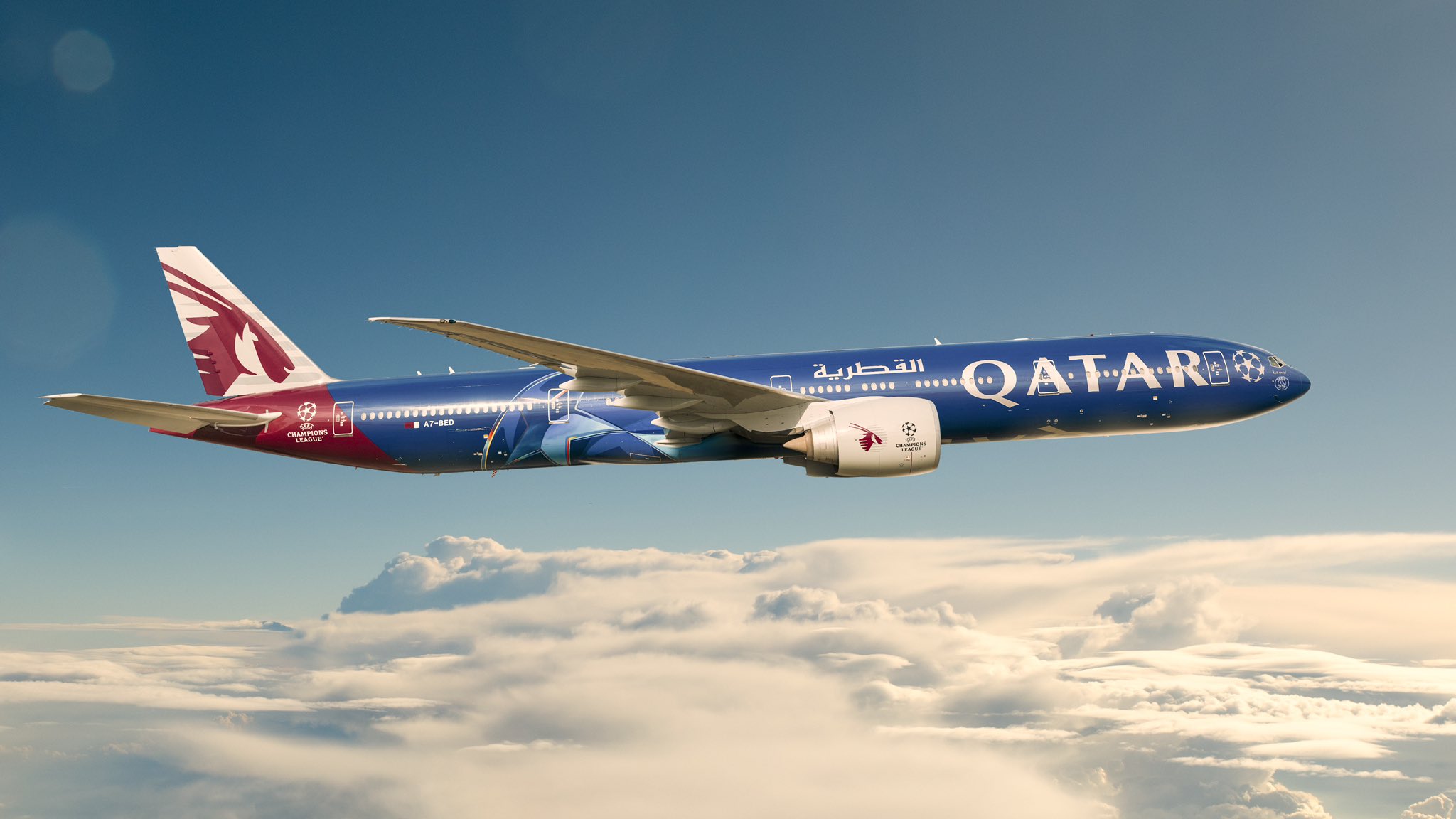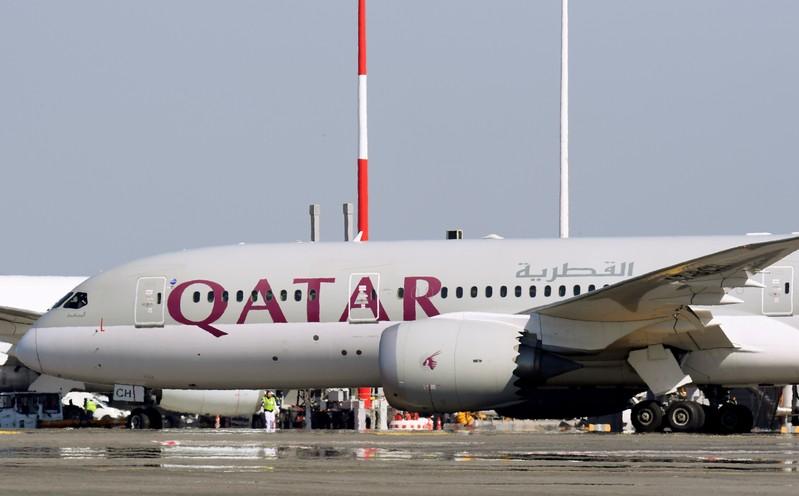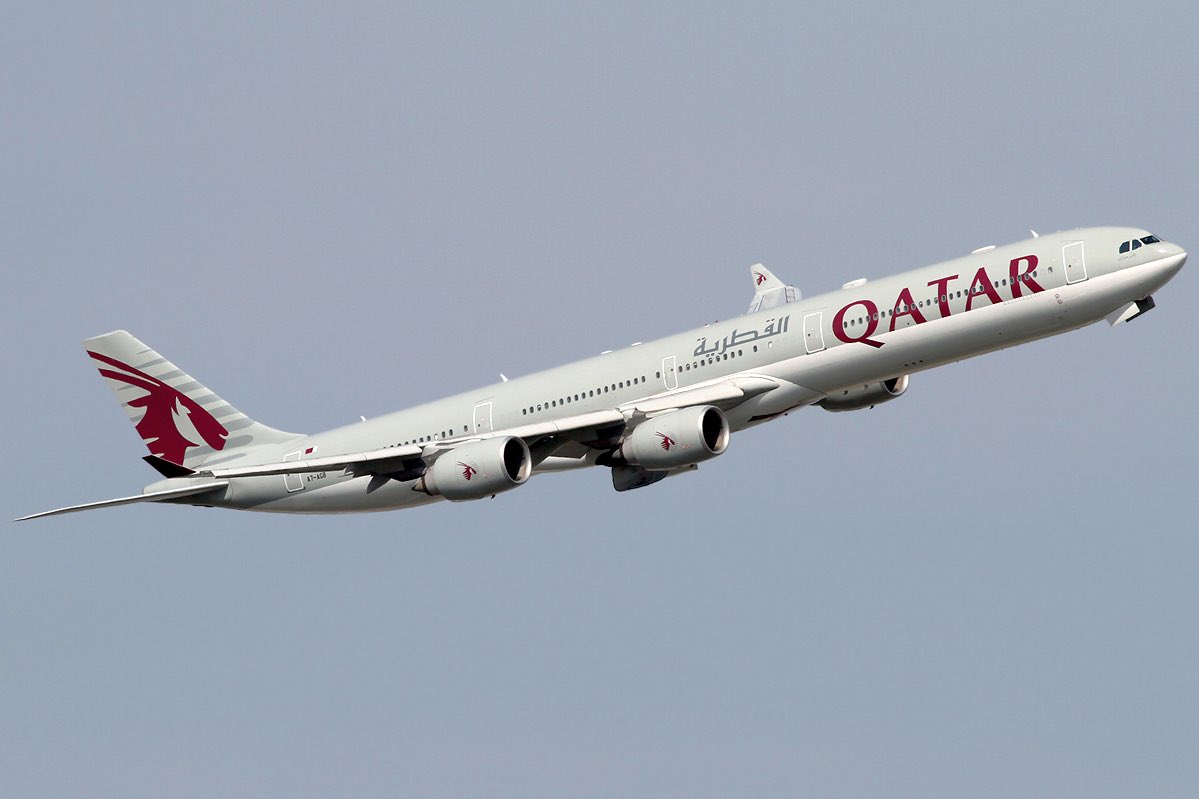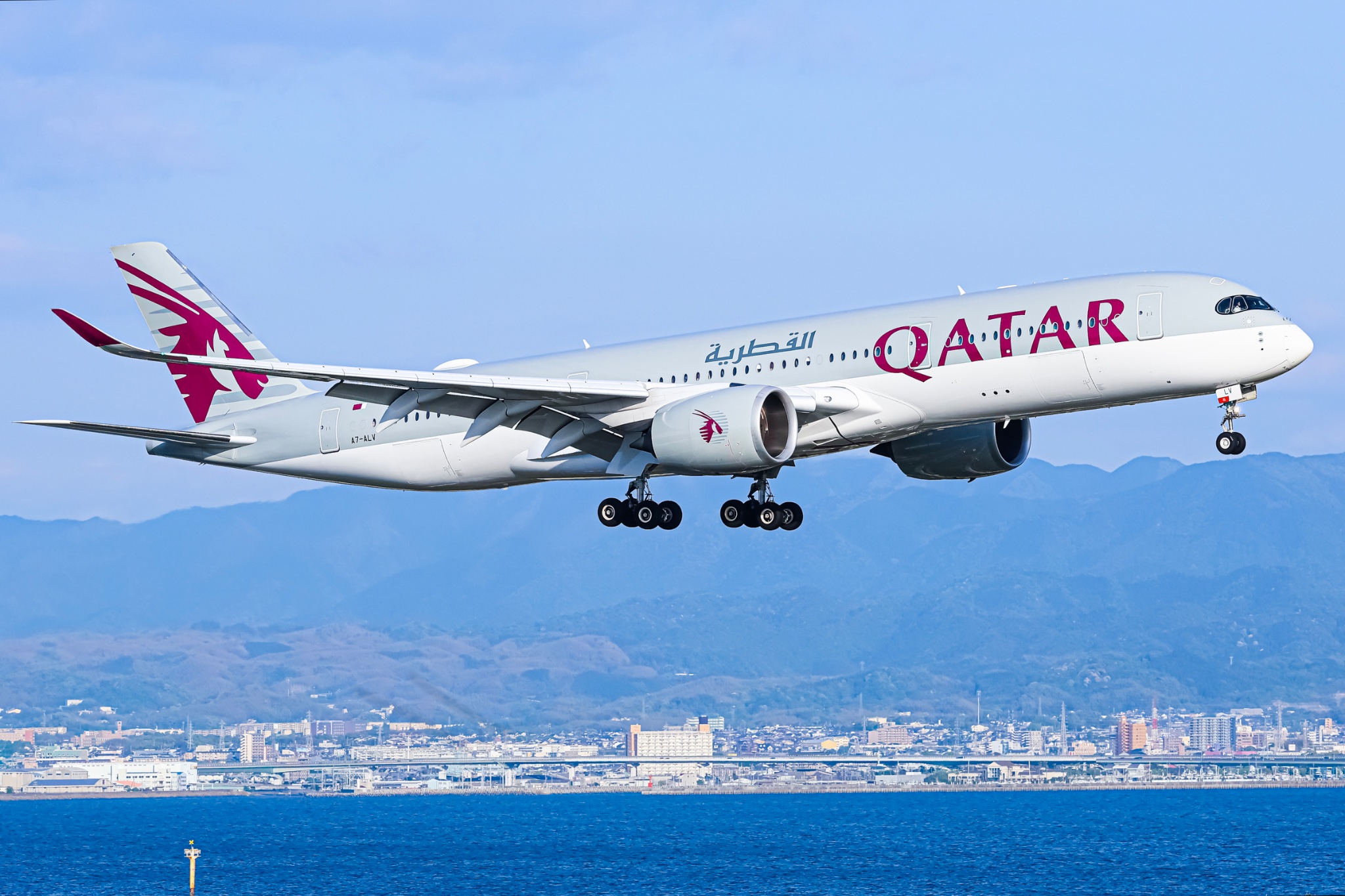.jpg)
Qatar Airways has made a pivotal decision to cancel its entire order for 25 Boeing 737 MAX 10 aircraft, a move aimed at enhancing its regional service. This shift solidifies Airbus as the exclusive provider for the airline's upcoming narrowbody fleet.

The cancellation stems from ongoing delays in the MAX 10's certification, which is now not expected to enter service until at least 2026. Consequently, Hamad International Airport (DOH) will transition to a fully Airbus-operated narrowbody fleet, with the delivery of A321neos anticipated to resume shortly. The A321neo is recognized for its efficiency and extended range, making it well-suited for regional operations.
.jpg)
Qatar Airways Withdraws from Boeing Orders
In a recent announcement to Bloomberg, CEO Badr Mohammed Al Meer confirmed the airline's withdrawal from the MAX 10 order, which included options for an additional 25 aircraft. This order was initially placed during the 2022 Farnborough Airshow amid tensions with Airbus, following the cancellation of A321neo and A350 orders due to legal disputes.

However, ongoing delays in certifying the MAX 10 have altered the situation, affecting major airlines like United, American, and Delta. United's Chief Commercial Officer indicated that deliveries could be postponed until 2027 or 2028, raising doubts about the program’s feasibility.
Given this uncertainty, Qatar Airways chose to cancel the Boeing deal rather than risk further delays. The airline is prioritizing reliable and readily available aircraft for its fleet.
Airbus Orders Reinstated
The original Boeing order emerged from a contentious dispute with Airbus regarding surface issues on the A350. In 2022, Qatar Airways grounded 29 A350s and sought $600 million in damages, leading to a highly publicized legal battle. In retaliation, Airbus canceled pending orders for A350s and A321neos, prompting Qatar to consider Boeing's MAX 10 as an alternative.

By early 2023, the dispute was resolved, resulting in a mutual settlement and the resumption of delivery schedules. As a result, Qatar Airways has reinstated its order for 50 Airbus A321neos, ensuring that Airbus will be the sole supplier for its narrowbody fleet. This alignment allows the airline to streamline its operations and enhance customer experience.
Continued Partnership with Boeing
Despite the cancellation of the MAX 10, Qatar Airways is deepening its partnership with Boeing. Recently, the airline announced its largest-ever order, comprising 130 Boeing 787 Dreamliners and 30 Boeing 777-9s, with options for an additional 50 aircraft. This order, totaling 210 widebody planes valued at $96 billion, aims to reinforce long-haul capabilities and address rising international travel demand.
.jpg)
CEO Al Meer emphasized that while the narrowbody segment will be exclusively Airbus, Boeing will continue to play a vital role in the airline’s widebody strategy. He clarified that the focus is on operational efficiency rather than competition between manufacturers.
“Our narrowbody fleet will be exclusively Airbus,” Al Meer stated. “We will begin receiving 50 A321neos starting next year, solidifying Airbus's role in our narrowbody operations.”
Overview of Qatar Airways Fleet
Current Narrowbody Fleet:
- 27 Airbus A320s (with 132 or 144 seats)
- 3 Boeing 737 MAX 8s (176 seats), which will soon be phased out or leased
Upcoming Narrowbody Orders:
- 40 Airbus A321neos
- 10 Airbus A321LRs
- Deliveries set to start in 2026
Current Widebody Fleet:
- Aircraft Type | In Fleet | On Order
- Airbus A350-1000 | 24 | 18
- Boeing 787 | 41 | 130
- Boeing 777X | 0 | 90
As the largest operator of the Airbus A350-1000, Qatar Airways is well-equipped to serve both standard and premium long-haul routes. With substantial orders for A321neos and A350s, the airline is modernizing its fleet and enhancing its operational capabilities.
Looking Ahead
While Qatar Airways solidifies its partnership with Boeing for widebodies, industry experts suggest that the airline may soon seek additional A350s or consider the Airbus A330-900neo to replace its aging A330 models. This strategy prioritizes standardization and operational efficiency over diversification, allowing Qatar Airways to maintain a competitive edge.

Furthermore, as the aviation sector recovers post-pandemic, Qatar Airways is well-positioned to take advantage of the increasing travel demand. The airline's strategic choices reflect its commitment to fleet enhancement and improved service quality.
At the same time, Boeing is under pressure to resolve its backlog and address certification delays for the MAX 10, as airlines like United, Delta, and Alaska Airlines explore other options. Qatar Airways' exit from the MAX 10 program adds to the challenges facing Boeing in meeting customer expectations, highlighting the urgent need for timely solutions in a rapidly evolving market.























.jpg)







.jpg)





.jpg)






.jpg)






